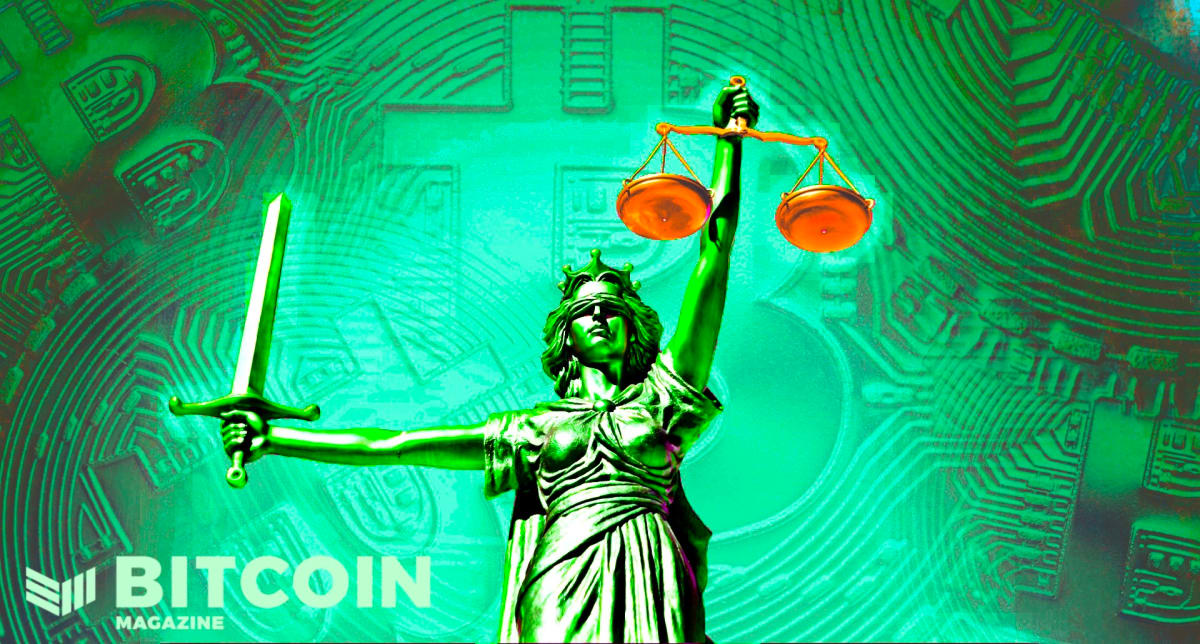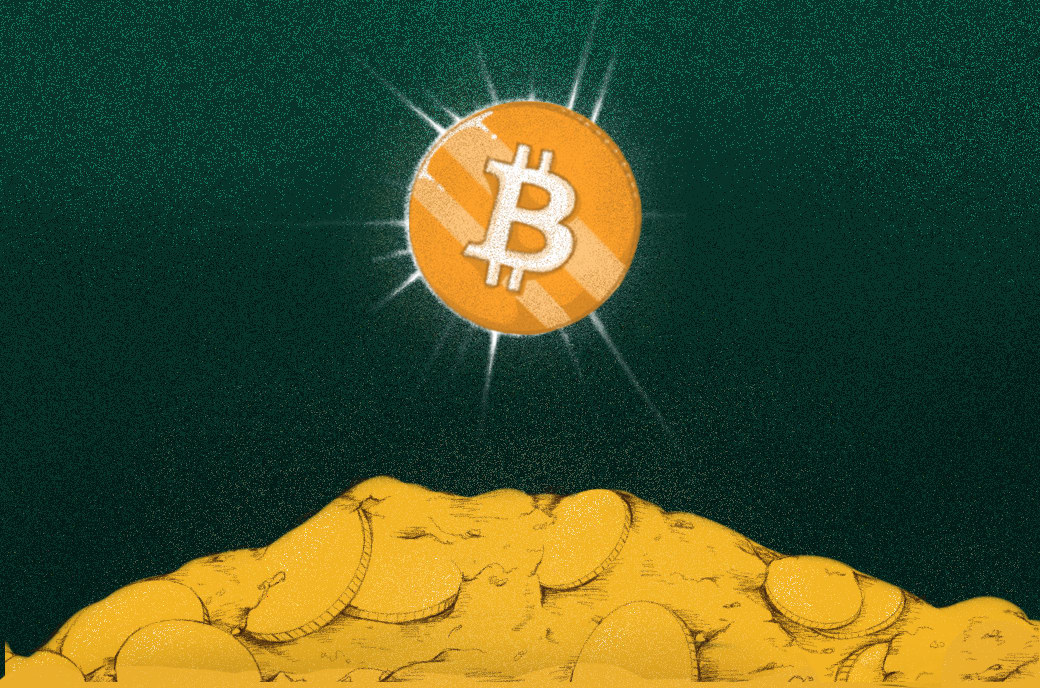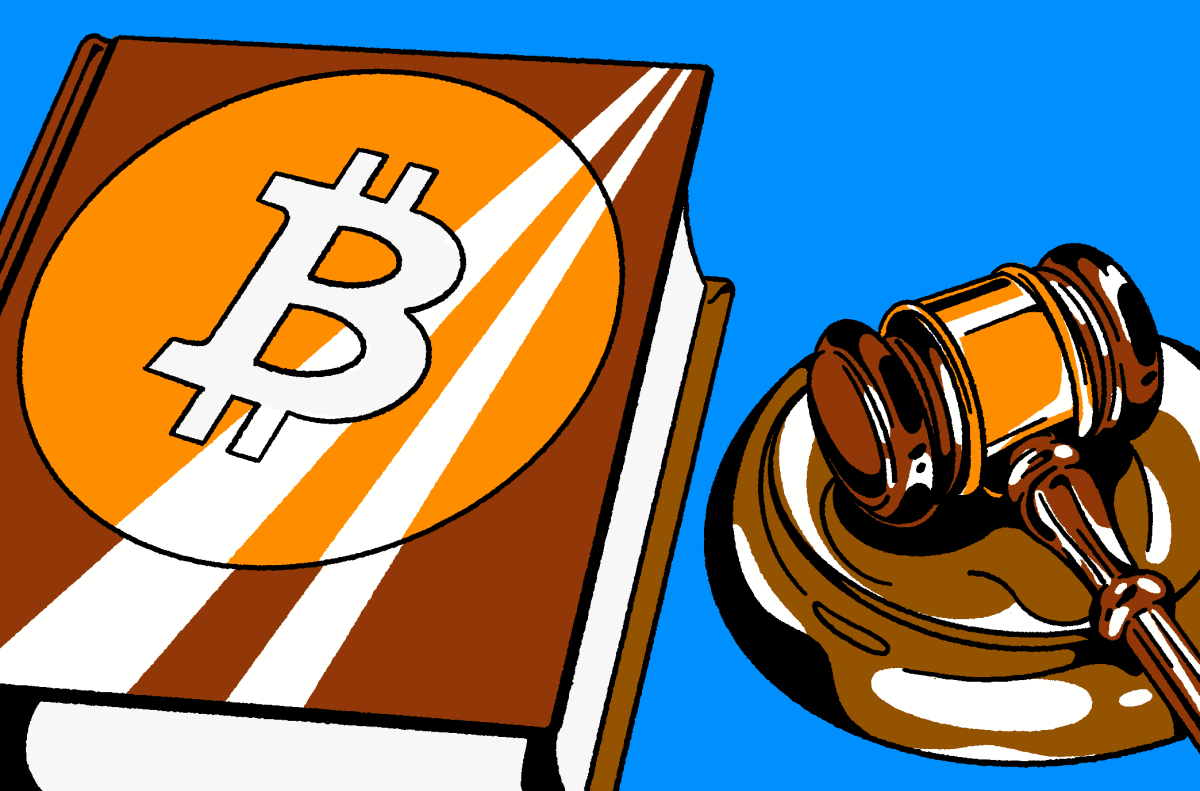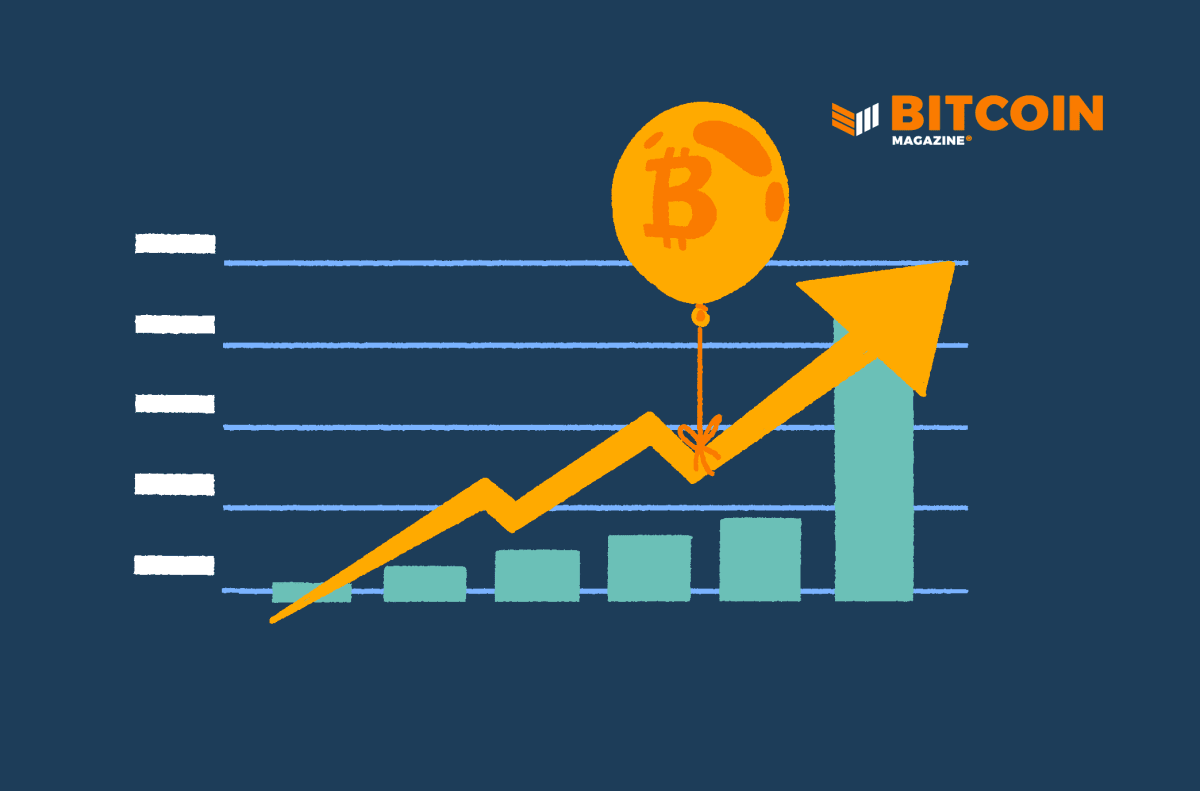The adoption of bitcoin by El Salvador poses an interesting contradiction of freedoms, albeit solved on a secondary level.
Nayib Bukele, El Salvador’s laser-eyed President, shocked the world at the Bitcoin 2021 conference in Miami when he announced that bitcoin would become legal tender in his country. A few days later, the “Bitcoin Law” was passed, ushering in a new era for the virtual currency.
There is something about the law — mandating that vendors accept bitcoin — that goes against the voluntary “opt-in” ethos of Bitcoin. However, there are key features of the law that many people may have overlooked that protect vendors from the risk of holding the volatile asset while maintaining the benefits of using bitcoin in transactions.
First, the law confirms that vendors are indeed mandated to accept bitcoin as legal tender. However, for accounting purposes, dollars will still be the “reference” currency — meaning prices will still be expressed in dollars but “may” be expressed in bitcoin. Secondly, steps have been taken to avoid forcing vendors to hold bitcoin.
Art. 8. Without prejudice to the actions of the private sector, the State shall provide alternatives that allow the user to carry out transactions in bitcoin and have automatic and instant convertibility from bitcoin to USD if they wish. Furthermore, the State will promote the necessary training and mechanisms so that the population can access bitcoin transactions.
Art. 9. The limitations and operations of the alternatives of automatic and instantaneous conversion from bitcoin to USD provided by the State will be specified in the Regulations issued for this purpose.
…
Art. 14. Before the entry into force of this law, the State will guarantee, through the creation of a trust at the Banco de Desarrollo de El Salvador (BANDESAL), the automatic and instantaneous convertibility of bitcoin to USD necessary for the alternatives provided by the State mentioned in Art. 8.
Source: Nayib Bukele
In an impromptu interview with Bukele, it was revealed that the citizens of El Salvador will have open access to an official government wallet — designed by Strike — that will allow receivers to instantly and automatically convert incoming bitcoin into dollars if they don’t want to take on the risk of holding an asset as volatile as bitcoin. This is what Strike does best: turning bitcoin into a payment rail that users don’t even have to think about.
The El Salvador government is setting up a $150MM trust fund with the Banco de Desarrollo de El Salvador (BANDESAL), and anyone who converts their bitcoin to dollars with the official wallet is essentially selling their bitcoin to the trust fund.
When the trust fund has more than $150MM of bitcoin it will rebalance and use the proceeds to fund technology investments in El Salvador. The worst possible outcome is that the $150MM only spurs tourism and investment to the impoverished country. The best possible outcome is limitless upside potential.
Users will not be forced to use the government wallet either. They can use a private custodial or non-custodial Lightning wallet if they want. And any private wallet service, made by Strike or any other neobank, could offer the same conversion service.
Thus, this isn’t a full legal tender mandate in the traditional sense. Users aren’t forced to take on the risk of holding bitcoin nor provide change in bitcoin and are free to receive dollars if someone sends them bitcoin. Vendors only have to have a Lightning QR code and they can instantly and automatically receive dollars when someone gives them bitcoin.
One can envision a world where this kind of adoption model spreads to other countries — using bitcoin as an open payment rail that spurs regional investment, while third parties take on the risk.
Your average saver may not like volatility, but guess who does? Professional money managers. If banks want to stay relevant, they will eventually figure out that there is money to be made by becoming the third party that will take on and manage the risk of holding bitcoin from Lightning payments as a value-added service.
Is forcing bitcoin as legal tender still a form of government coercion? Yes, of course. Users are mandated to, at least during the transaction, accept an open payment rail as a payment option. However, Bukele’s implementation is a less forceful way to mandate it. Private wallets are open to compete with the government’s implementation and nobody is forced to hold bitcoin.
The ethos of bitcoin is to not mandate its use and to allow the free market to decide its ideal use case. If private banks or services made wallets that utilized bitcoin’s open payment rails, to reduce friction — and users had free choice to use those wallets — those wallets would be adopted organically, without anyone needing to mandate their use. However, any law that eliminates capital gains taxes, for bitcoin users, is a huge win.
This is a guest post by Level39. Opinions expressed are entirely their own and do not necessarily reflect those of BTC, Inc. or Bitcoin Magazine.









